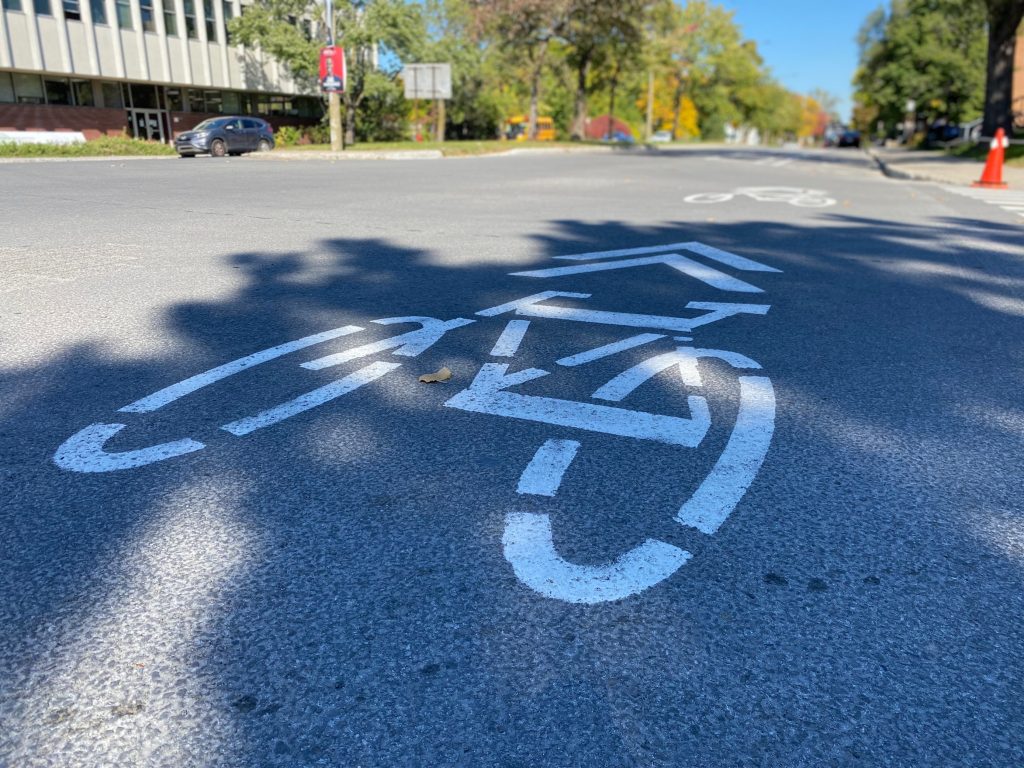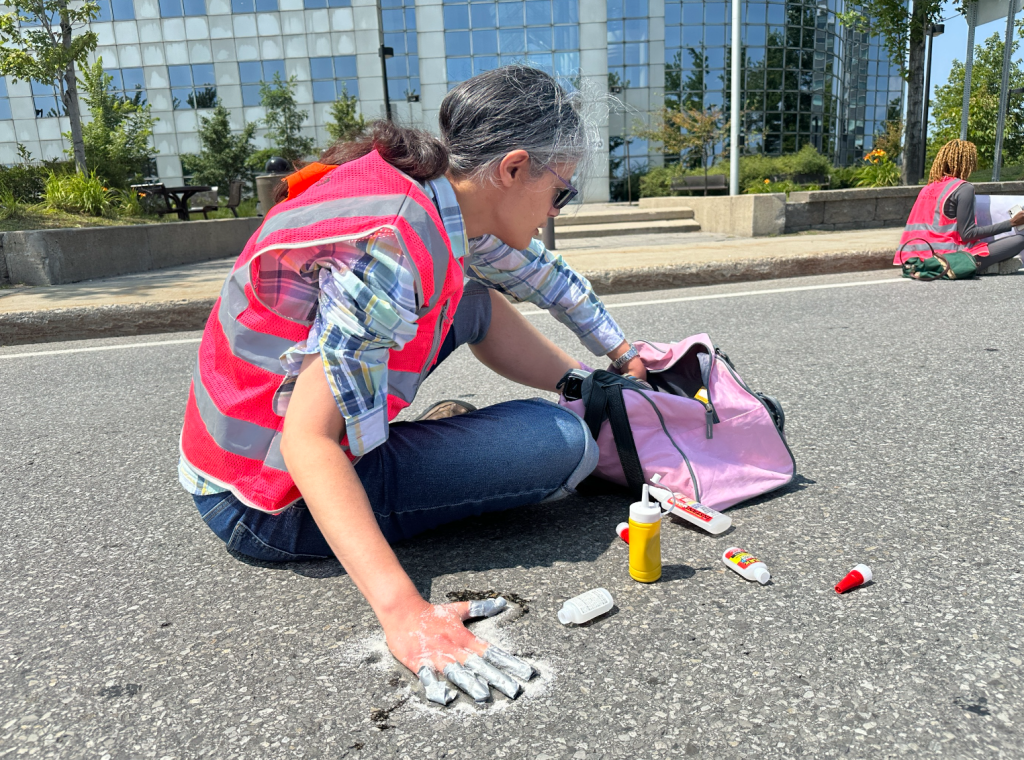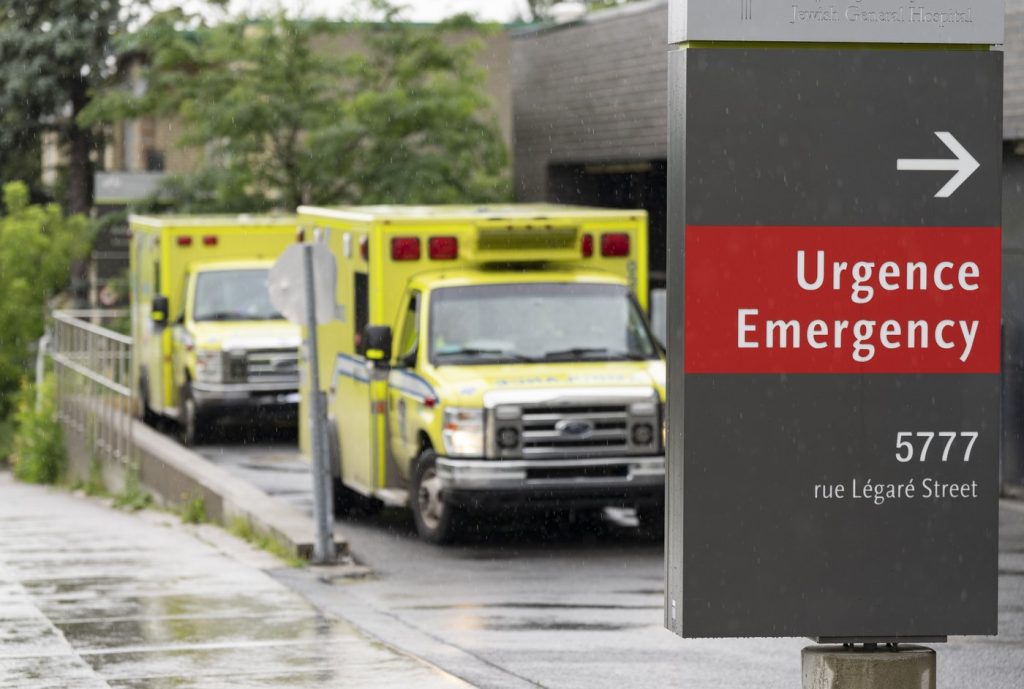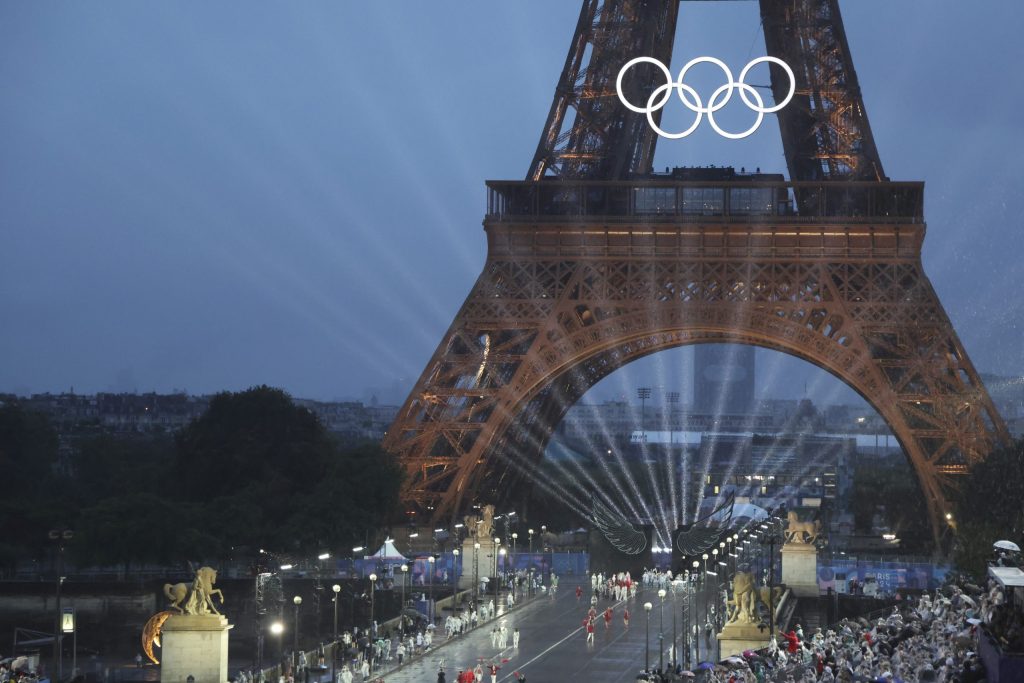‘Missed opportunity’: Montreal scientists criticize Quebec government’s approach to upcoming solar eclipse
Posted March 25, 2024 11:29 am.
Last Updated March 26, 2024 10:11 am.
Two Montreal scientists have written an open letter criticizing the Quebec government’s handling of the April 8 solar eclipse.
Pierre Chastenay, astronomer and professor at UQAM and Camille Turcotte, executive director of the Association pour l’enseignement de la science et de la technologie au Québec, penned a letter in Le Journal de Montréal claiming the provincial government is fueling “hysteria.”
“The information that’s coming from the ministry and the government of Quebec is confusing, it’s alarming,” said Chastenay.
The open letter goes on to state that the the recommendations by the Quebec government, only a couple weeks before the eclipse, has caused confusion among the educational and scientific communities.
“Basically, their message is that an eclipse is a dangerous thing…a total eclipse of the sun is actually a wonderful event that people from all over the world will travel thousands of kilometers to watch,” said Chastenay.
Guidelines on what to do or what not to do during a solar eclipse is under the banner “Emergencies, Disasters and Natural Hazards” on the government’s website, however the letter says the risks of a solar eclipse, despite being accurate, is ‘minuscule.’
The letter claims that the government’s late and alarmist communication has had a direct impact on the education system in which field trips and outdoor activities were cancelled, depriving students of meaningful learning experiences around this rare astronomical event.
Chastenay says he’s been in contact with the Quebec government two years prior, letting them know that a total solar eclipse will be happening in 2024 so that the government could plan accordingly.
“I think that there are overreacting because they’ve just realized that, ‘Oh, we didn’t do what we needed to do one or two years ago,’ and so now we’re trying to patch things up by making sure that nobody will look at the eclipse because we might have some accidents,” said Chastenay.
Last month, several Montreal school boards announced they will be cancelling classes on April 8 due to the solar eclipse, marking it as a pedagogical day for elementary and high school students.
Tracy Webb, who’s an associate professor in the department of physics at McGill University calls the cancelled classes a “missed opportunity.”
Webb says she will be taking her two teenage kids to work with her on April 8 so they could see the solar eclipse.
“They’re lucky in that they have an astronomer for a mother who can do that, but other kids are not so lucky and will miss out on this opportunity to really see an amazing astronomical event,” said Webb.
Webb says its sad that some students will not be able to experience the solar eclipse through an educational setting.
“For other kids that are just going to be home in front of the TV that day, when they could be at school enjoying the eclipse with their friends and with educators, that would be a much better way of doing it,” said Webb.
The open letter concludes with a call to action, emphasizing that the historic event should serve as an opportunity for “celebration” and “learning.”
CityNews reached out to the Quebec government for comment but did not hear back.
Meanwhile, for those preparing for the rare event, Chastenay says all you need is the right type of glasses.
“Please be outside during that period of time and you’ll experience the thrill of a lifetime.”



